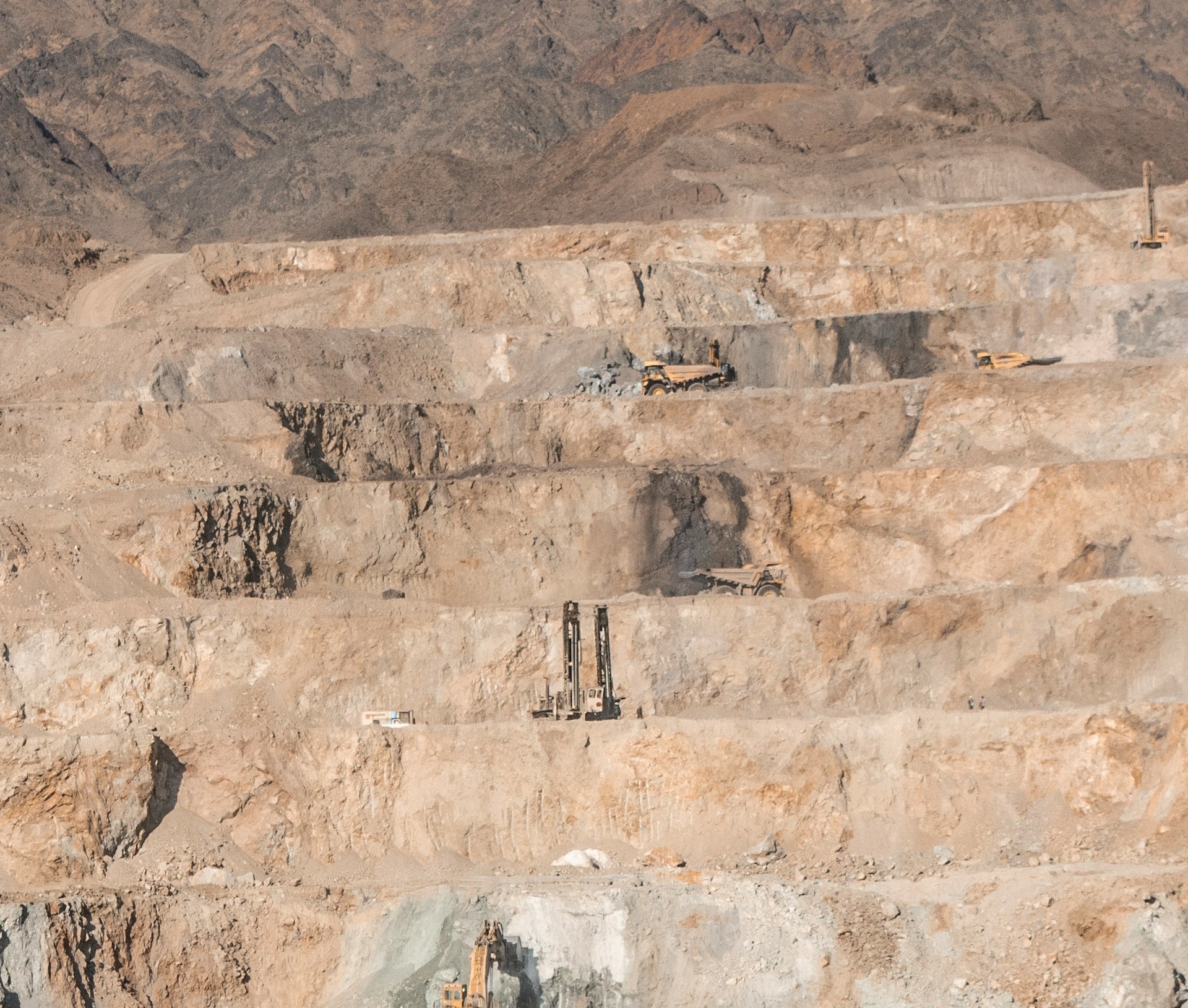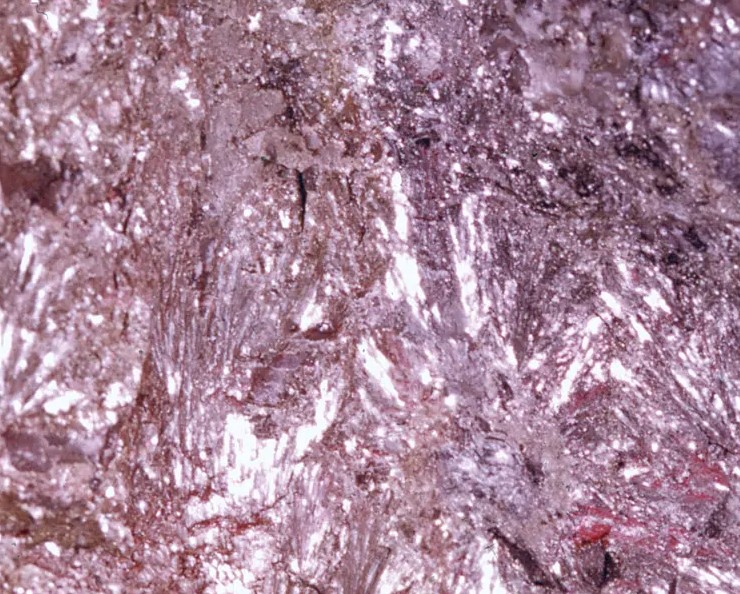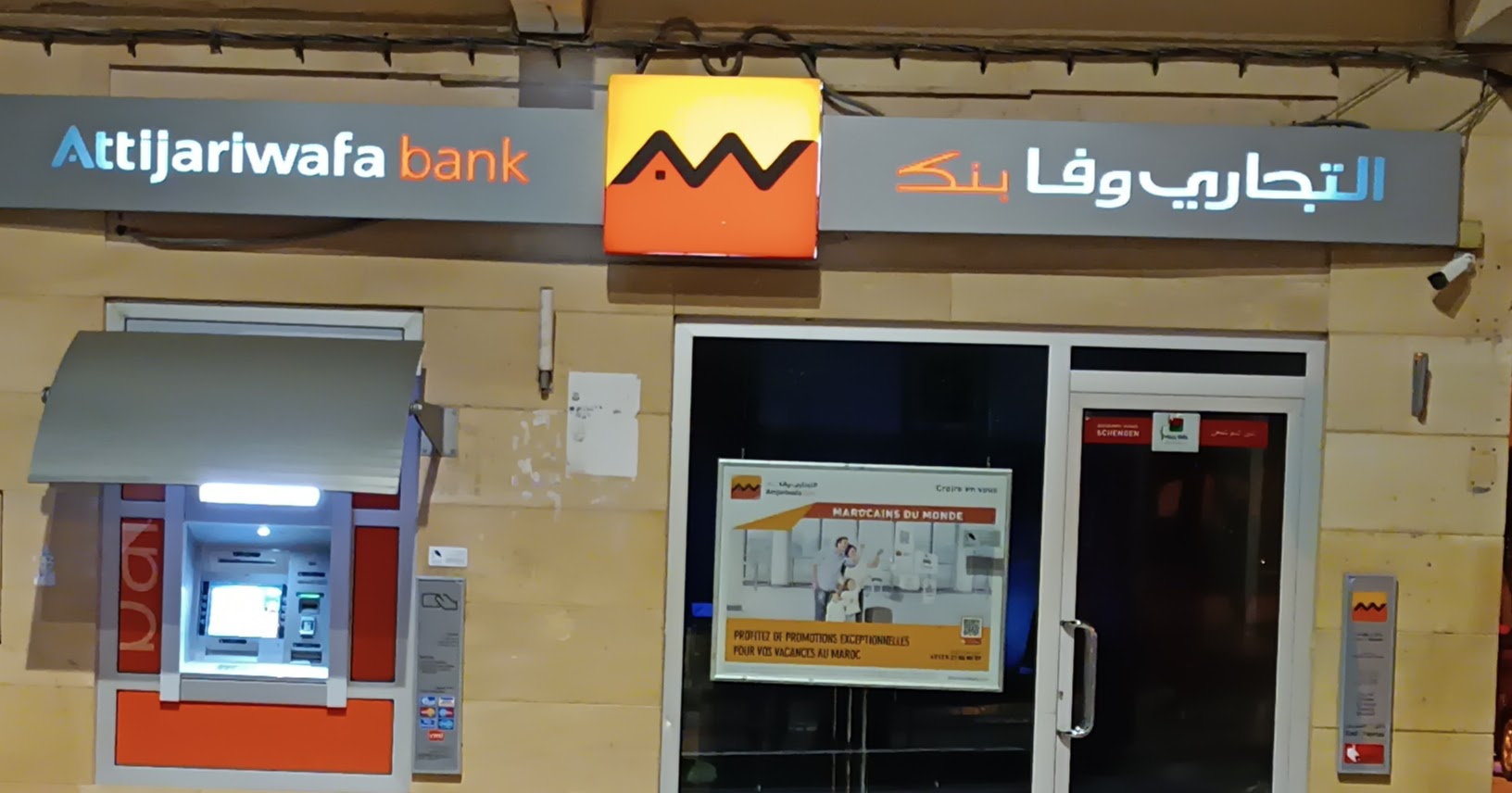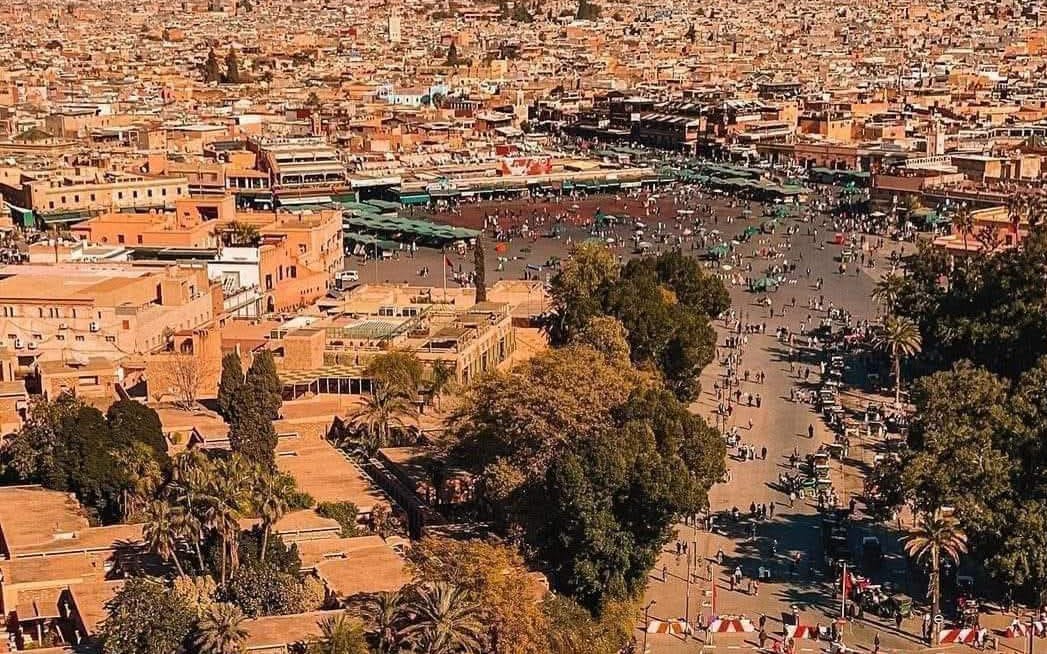Casablanca – Morocco has taken a major step in its industrial and food security strategy with the launch of Anouar Yieldest Additives (AYA), a new biotechnology plant backed by Anouar Invest. The facility, which will be built in the industrial zone of Jorf Lasfar in El Jadida province, represents an investment of $49.5 million and is designed to become a regional hub for yeast production and food additives.
The groundbreaking ceremony, held on September 10, brought together senior government officials, including the ministers of industry, agriculture, investment, and foreign trade, as well as local authorities and Anouar Invest executives. The event also marked the signing of a public-private partnership agreement, confirming the state’s support for the project and its alignment with Morocco’s national industrial and agricultural roadmaps.
Large-scale production capacity
The AYA plant will focus on producing three strategic product lines: fresh yeast, dry yeast, and bakery improvers. In its first phase, the facility is expected to manufacture around 25,000 tonnes annually, with plans to scale up to 58,000 tonnes per year by 2029.
About 30% of production will be exported, targeting regional and international markets. This will not only reduce Morocco’s reliance on imported yeast but also position the country as a competitive supplier in Africa and beyond.
Local resources and food sovereignty
A defining feature of the project is its reliance on local raw materials. Approximately 95% of inputs will be sourced domestically, particularly molasses, a by-product of Morocco’s sugar industry. By transforming molasses into high-value additives, the plant embodies a circular economy model that reduces waste while creating new value chains.
This approach strengthens Morocco’s industrial and food sovereignty, ensuring that national agricultural resources are better integrated into advanced manufacturing.
Jobs and green industry
The facility, spread over 7.1 hectares with nearly 28,700 square meters of covered space, is expected to generate more than 500 direct and indirect jobs, providing opportunities for engineers, technicians, and workers in the region.
Environmentally, AYA is being designed as a green project. It will include a modern wastewater treatment plant compliant with both national and international standards. Energy consumption will reach 14 megawatts, with 40% supplied from renewable sources, significantly lowering the site’s carbon footprint.
Financing and strategic backing
The investment has been financed by a banking consortium led by CDG Capital in partnership with CIH Bank, reflecting investor confidence in Morocco’s biotechnology potential. An estimated 60% of the overall investment will be locally integrated, further boosting the domestic economy.
Government officials emphasized the project’s strategic significance.
- Ryad Mezzour, Minister of Industry and Trade, described AYA as “a milestone in Morocco’s industrial journey that consolidates food and industrial sovereignty while opening new export opportunities.”
- Ahmed El Bouari, Minister of Agriculture, highlighted its link with the Generation Green strategy, saying the project “turns an agricultural by-product into a strategic input, strengthening food security and creating value.”
- Karim Zidane, Minister Delegate for Investment, pointed to the project’s innovation, noting that it “embodies a new generation of sustainable, competitive Moroccan industry.”
- Omar Hejira, Secretary of State for Foreign Trade, underlined its export-oriented outlook, stressing that it will “integrate Morocco more deeply into global value chains.”
- El Hachmi Boutgueray, CEO of Anouar Invest, said: “AYA reflects our ambition to build a national and regional leader in yeast and food improvers, combining industrial excellence, biotechnology, and sustainability.”
Roadmap and future expansion
The project has followed a clear timeline: land acquisition and technical studies were completed in 2022, an investment agreement was signed in February 2025, and construction began in September 2025. Production is scheduled to start in mid-2027, with a second expansion phase planned for 2029 to reach full capacity and extend Morocco’s export reach.
Beyond yeast production, the facility has potential to diversify into high-value yeast extracts, used in food, healthcare, and pharmaceutical applications. Such diversification could multiply the plant’s contribution to Morocco’s industrial base.
A strategic milestone
With global yeast demand estimated at $2.5 billion in 2024 and Africa’s market alone valued at around $360 million, AYA positions Morocco to capture a growing share of this strategic sector. Initial export revenues are expected to exceed $3.3 million, with expansion enabling volumes worth up to $8 million.
More broadly, the project underscores Morocco’s drive to link agriculture, biotechnology, and sustainable industry into a coherent national strategy. By building advanced processing capacity, the country is reducing its reliance on imports, enhancing food sovereignty, and strengthening its role as a regional hub for agro-industrial biotechnology.
















